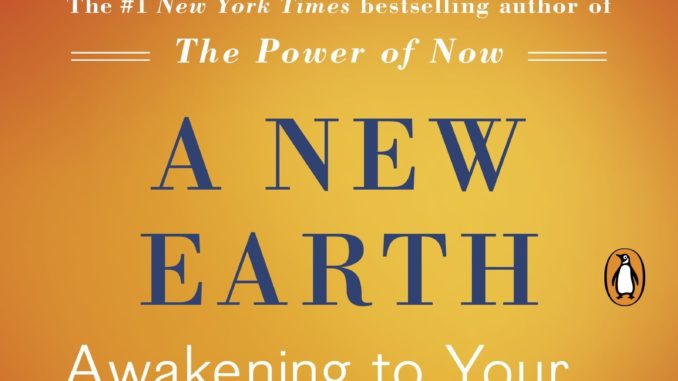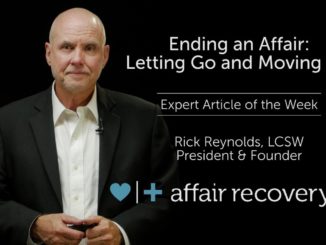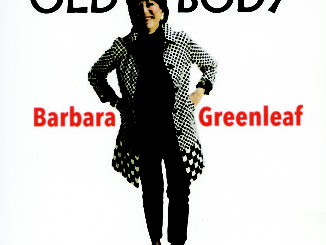
How do you differentiate between wants and needs? Oprah and Eckhart Tolle discussed in chapter 2 of the online class A New Earth, the ego and personal satisfaction.
Oprah reading from Eckhart’s book said: “Wanting keeps the ego alive much more than having. Let’s talk about that.”
Tolle replied: “One of the main structures of the ego is it is never satisfied.”
King Solomon who had more opulence, wealth, and women than probably any man who ever lived said repeatedly “It is all vanity and vexation of spirit” (Ecclesiastes 1:14). Solomon who also possessed great wisdom, astounded many with his sayings, perhaps including himself at such revelatory discoveries.
Solomon said, “I communed with my own heart, saying, ‘Look, I have come to great estate, and have gotten more wisdom than all they that have been before me…. and I gave my heart to know wisdom, and to know madness and folly: I perceived that this also is vexation of spirit” (Ecclesiastes 1:16-17).
Although king Solomon enjoyed great pleasure and mirth, he also found it be utter vanity (2:1). “And whatsoever my eyes desired I kept not from them, I withheld not my heart from any joy; for my heart rejoiced in all my labor: and this was my portion of all my labor. Then I looked on all the works that my hands had wrought, and on the labor that I had labored to do: and, behold, all was vanity and vexation of spirit” (2:10-11).
Truly the ego is often mistaken for ambition. A workaholic driven by ambition, seeking affirmation and recognition, can become an emotional bottomless pit. Note the use of the word “my” frequently by Solomon as he refers to “my labor”, “my hands”, “my portion”, and “my heart”. The man is totally encumbered by, enamored with, and consumed with himself. Hence being overcome by himself, or the almighty “I” (as I sometimes jokingly call it), he is incapable of enjoying life.
When we perplex, fret, worry, and excessively concern ourselves with ourselves; we separate ourselves from life itself and remove all its enjoyment entirely.
Jesus said, “It is more blessed to give than to receive” (Acts 20:35). When however we become possessive and allow things to possess us, we in so doing disconnect from love and life. Jesus said, “Take heed, and beware of covetousness: for a man’s life does not consist in the abundance of the things which he possesses” (Luke 12:15).
Releasing things and giving of ourselves is mutually fulfilling. Yet far better than giving things is giving of yourself.
An ambitious and driven man given to tireless work night and day is no less fixated on himself than a wife who makes demands upon her husband. Some spouses feel it is their right to make demands stating, “You’re ‘my husband’ and I need this.”
We can no more take ownership of people than we can things. The appropriate response is to embrace the concept of stewardship, realizing that when you die you can take nothing with you. Therefore to live and love more freely, interact and move throughout the world more happily, hold on to things loosely, and love people unconditionally.
Be a steward of your spouse’s love, rather than seeking to control them and make demands as if you were entitled to something by reason of a role. Role demands just makes people in your life resentful and causes them to resist you.
If you hold a baseball bat tightly, if someone rips it out of your hands it will hurt far more than if you had held it loosely. We therefore should not seek to hold things and people too tightly. Instead we must live and let live. Flow spontaneously and enjoy the journey.
Proudly WWW.PONIREVO.COM
by Paul Davis



